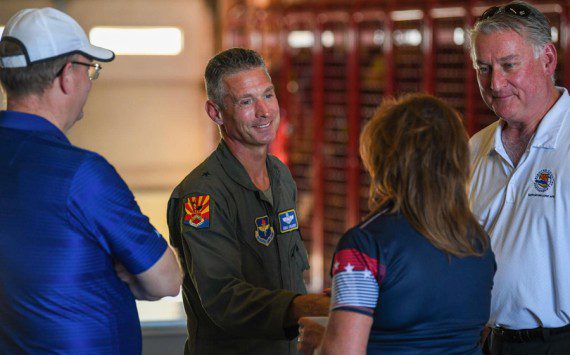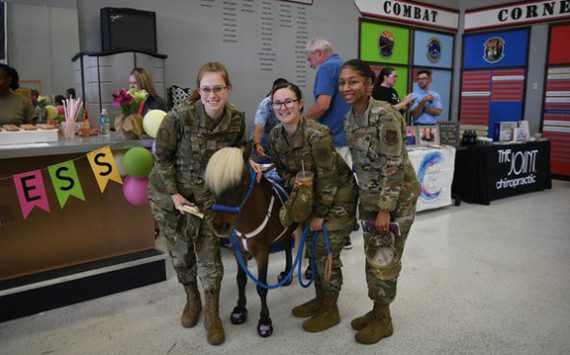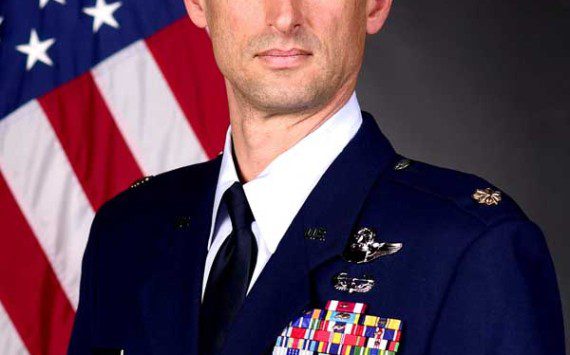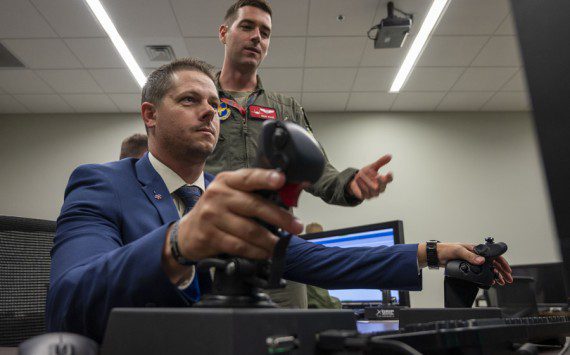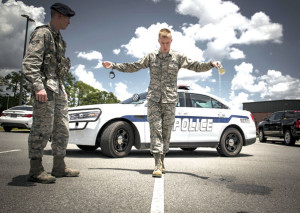
Tragedy is a part of life. But what can make or break an individual is how they deal with such tragedies.
I grew up in a very small, rural town where you either know every person or at least know of them. Dull, flickering street lamps illuminate the streets and taverns filled with the loud, bellowing laughter of locals, accompanied by the smell of cigarettes, fill the air. Although our town seems fairly insignificant to most, our cows and cornfields as well as the tractors we drive to school are what make it a home.
Small towns are an underappreciated blessing because through the bad and the good, our community continues to come together and support one another. There is never a time where you feel alone because there is always someone looking to take you in and help you find comfort in times of need. Although no one wishes pain or distress on their neighbor, the hard times help bring us together.
One of the most extraordinary things I’ve witnessed living in a small town is how we deal with loss, grief and pain. Whether you know the individual or not, if a major event happens, the entire town feels it collectively.
I can vividly remember the day one of my friend’s life tragically ended at the hands of a reckless, impaired driver.
Although loss is always difficult, it can be even more so when you’re young. You don’t expect the most vibrant people with contagious smiles and laughs to be the ones that go early. I think they are the ones that hurt the most because not only do you grieve for the memories of your friend, but you grieve for all that could have been.
The morning of the accident was like any other. I woke up and drove to school, eager for the day to be over and the weekend to start. I decided to take a break from my lab and walk outside to get some fresh air and wait for my friend to get to school. As I sat on the bench out front I looked over to the field of cows across the road and took in the beauty of the area around me.
Suddenly, I was startled by the screeching of tires and a deafening, unforgettable sound of a crash. My heart dropped and it felt as if my whole body was completely numb. I could no longer see the beauty but instead could only see the sight of a semi-truck and what was left of the small, blue SUV my friend was driving in.
I felt as if my brain and my body were incapable of working together, yet somehow I found myself in the Dean of Students’ office trying to explain to him what had just happened. The expression on his face was of shock and confusion as we both ran back outside to the scene of the crash.
As we reached the vehicles I saw the man who had just killed one of my best friends, a sight I will never forget. Rage and hatred consumed me as I watched him stumble around throwing up, unable to stand on his own two feet due to the amount of alcohol in his body, completely unaware of the life he had just taken.
Bloodied snow and shards of glass painted the road where we stood together, overwhelmed with emotions, waiting for the police and ambulance to arrive. I tried my best to comfort my friend as he barely clung to life. The paramedics whisked him away and I was rushed inside to give my statement to the police.
The next few hours were filled with tears, emotions and questions from the police, students and faculty. We sat around quietly, some students left early while others stayed together trying to find comfort in one another. The school solemnly informed us that our friend and classmate had passed away due to the injuries he sustained. There seemed to be no explanation that could console us.
The days that followed were quite somber. For the community, it was one of the hardest months we’ll ever remember. We were all left reeling and grasping for answers, wondering how one man’s selfish and careless act could cause so much pain and suffering to so many people.
I can remember sitting in the very back pew of the church at his memorial service, surrounded by friends and family, quietly crying and trying to understand why something so atrocious and heart wrenching could happen to such a beautiful and caring individual. I felt helpless as I watched his mother and father sobbing inconsolably, attempting to come up with a feasible way I could bring them comfort.
It took a long time for our town to heal. We were angry, upset, confused and at a loss for words. We learned how important it is to have people who care and lean on. We learned how important it is to tell people that you love them. We learned to not take our lives for granted because tomorrow is never promised.
You never truly understand the impact someone has had on your life until they are gone. Eventually, with time, it might become easier. You learn to adjust to your new norm, the life you’re forced to live without them. You find peace with your loved ones and carry them with you as you move forward in your life. But use the emotions you feel as a lesson to live by.
Don’t let your temporary actions permanently affect someone else’s life. The next time you think you’re not too drunk to drive just take a moment to think about all the consequences that could happen if you’re wrong. If you value your life and the lives of others, do not get behind the wheel.
I encourage Airmen to use resources such as Airmen Against Drunk Driving, the Mental Health Clinic at 623-856-7579, or the Chaplain Corps at 623-856-6211.
To all we have lost, thank you for leaving us with so many beautiful memories that make goodbyes so hard. We will love you all forever.







